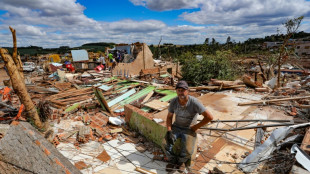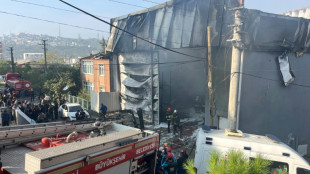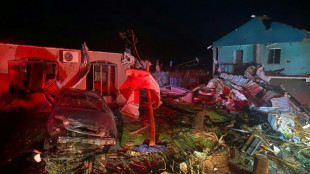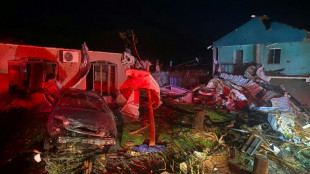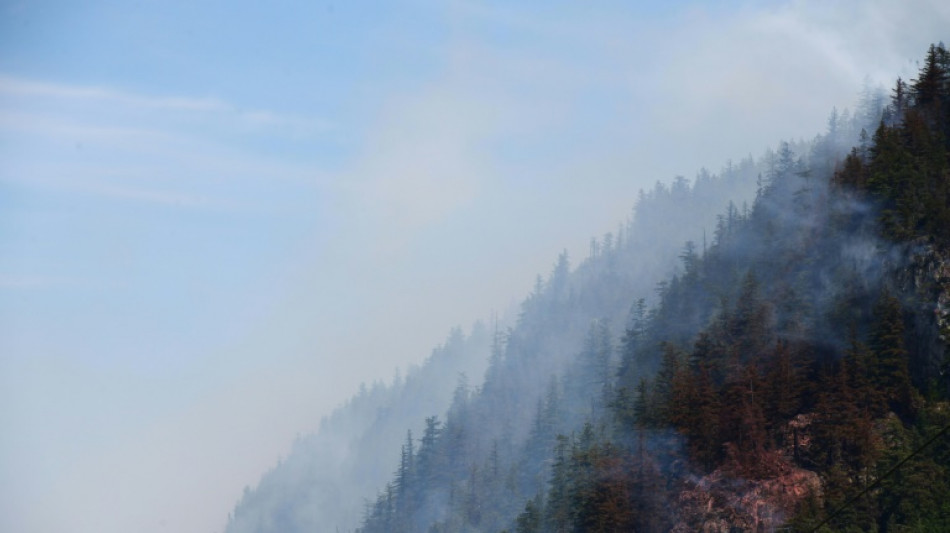
Canada sends troops to eastern province as fire damage grows

Canada is sending troops and coast guard personnel to its easternmost province on Thursday to confront wildfires that have forced hundreds to evacuate, as the country endures one of its worst fire seasons on record.
Wildfires across the vast country this year have already burned 7.1 million hectares (17.5 million acres) of land, an area roughly the size of Ireland, according to official data updated Wednesday.
The figure matches the amount of land scorched in 1995, which had been the second worst season on record, with data going back to 1983.
With hot, dry conditions expected to persist across several regions, and 730 active fires burning, the damage this year is almost certain to pass the toll from two decades ago.
But 2025 is not on track to overtake 2023, when 17.3 million hectares (42.7 million acres) burned, an extraordinary toll that focused global attention on the growing threat of wildfires boosted by human-induced climate change.
Federal emergencies minister Eleanor Olszewski said late Wednesday that she had approved an "urgent request" from the province of Newfoundland and Labrador to help battle growing wildfires.
"Help is on the way," Olszewski posted on X.
Provincial officials have estimated the number of people impacted by the latest evacuation orders at about 900.
Hundreds of people have also faced evacuation orders this week in the west coast province of British Columbia.
Federal troops have been deployed to help fire responses in several parts of the country this year, including the central provinces of Manitoba and Saskatchewan, where elevated temperatures and dry conditions led to a tumultuous spring.
In recent years, Canada has experienced warming at least twice as fast as the rest of the globe.
Linked to climate change, rising temperatures lead to reduced snow, shorter and milder winters, and earlier summer conditions that are conducive to fires, experts say.
T.Cusumano--INP

 London
London

 Manchester
Manchester
 Glasgow
Glasgow
 Dublin
Dublin
 Belfast
Belfast
 Washington
Washington
 Denver
Denver
 Atlanta
Atlanta
 Dallas
Dallas
 Houston Texas
Houston Texas
 New Orleans
New Orleans
 El Paso
El Paso
 Phoenix
Phoenix
 Los Angeles
Los Angeles
